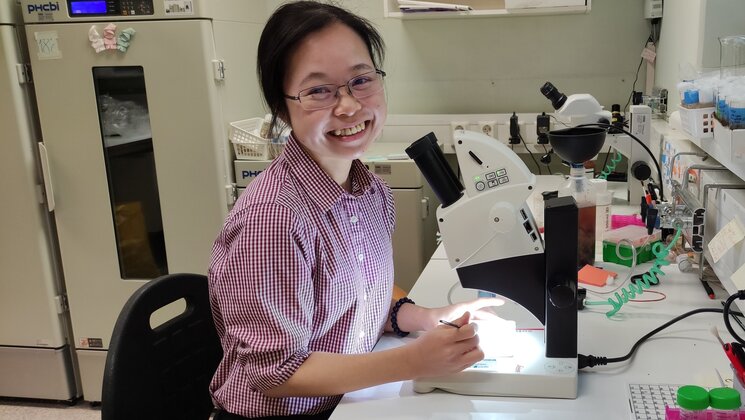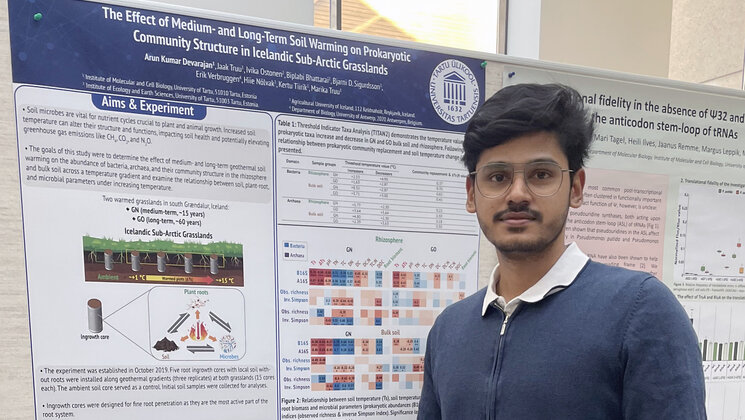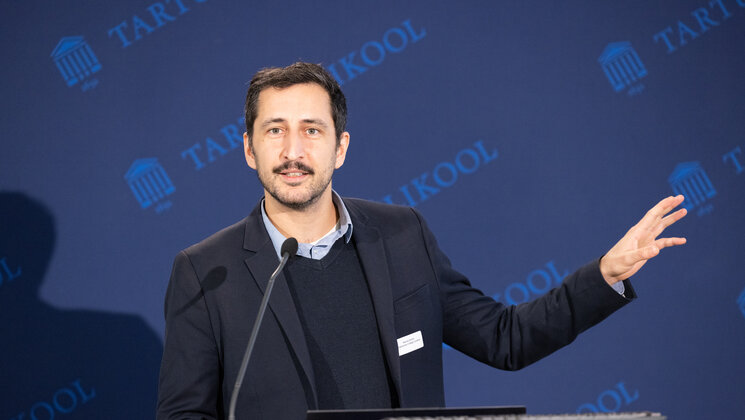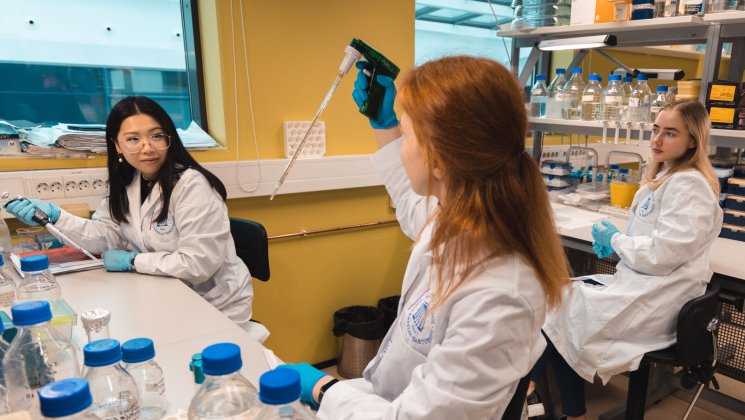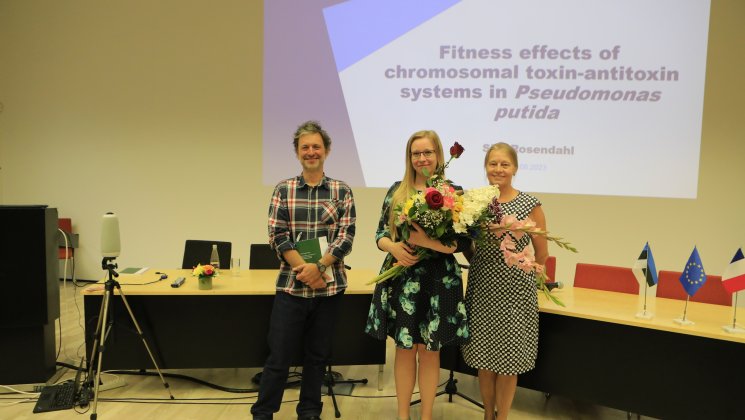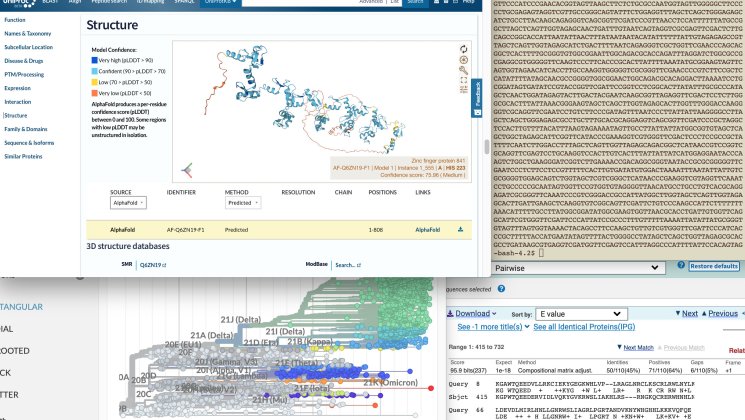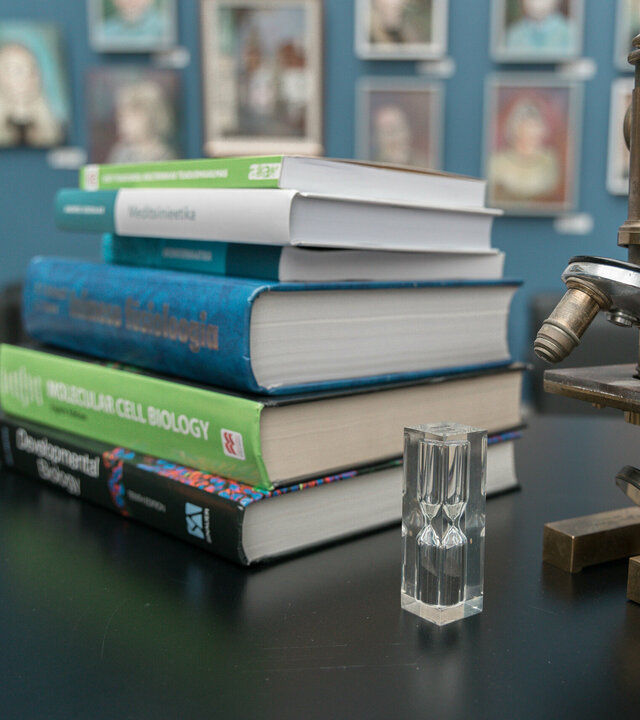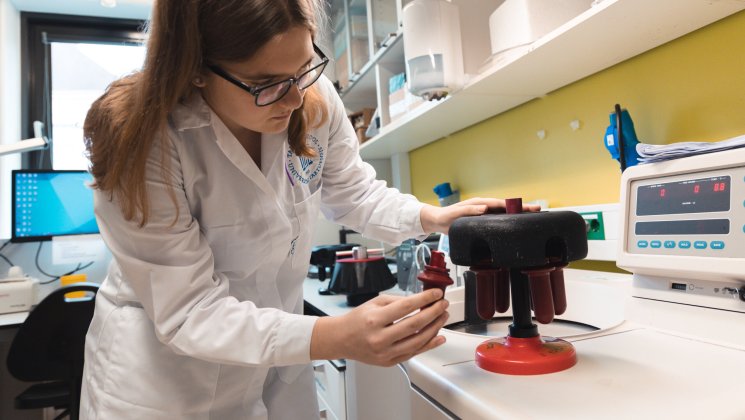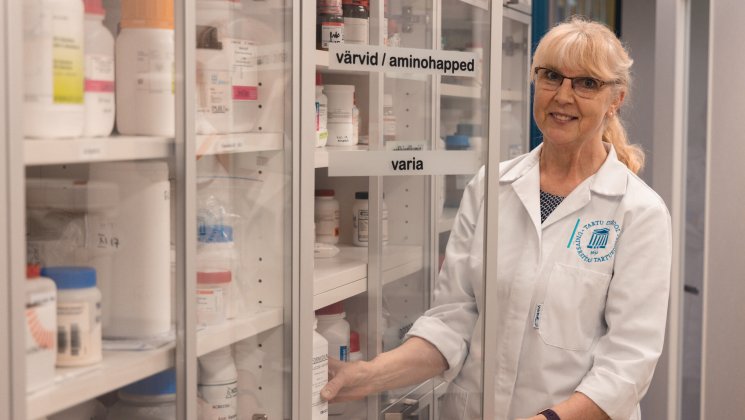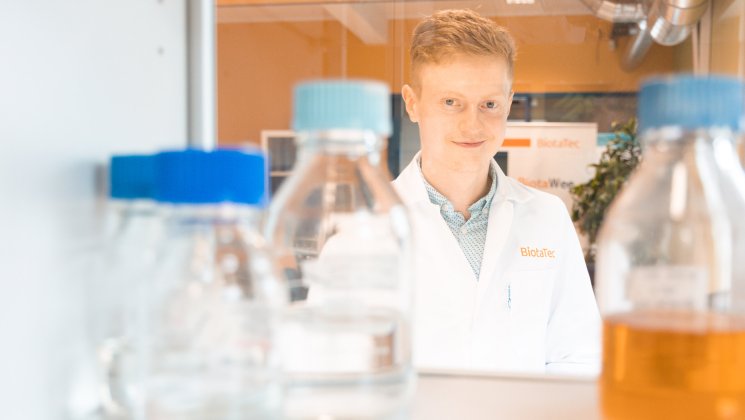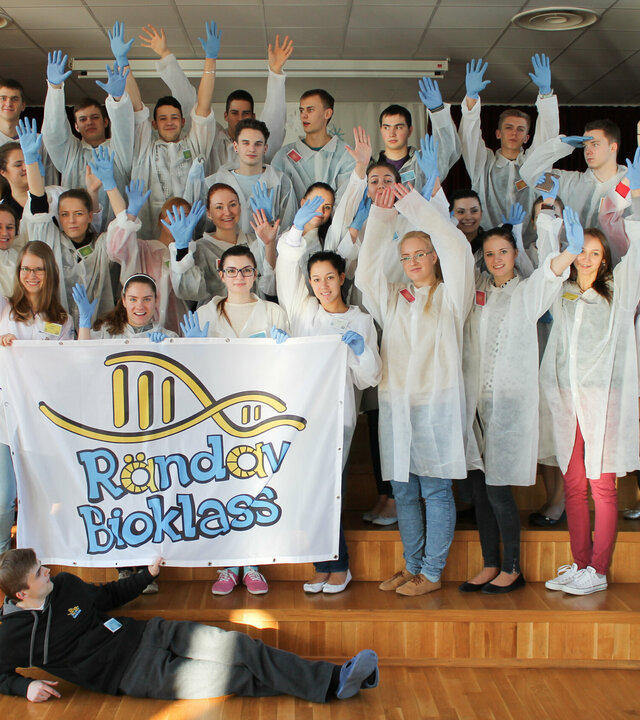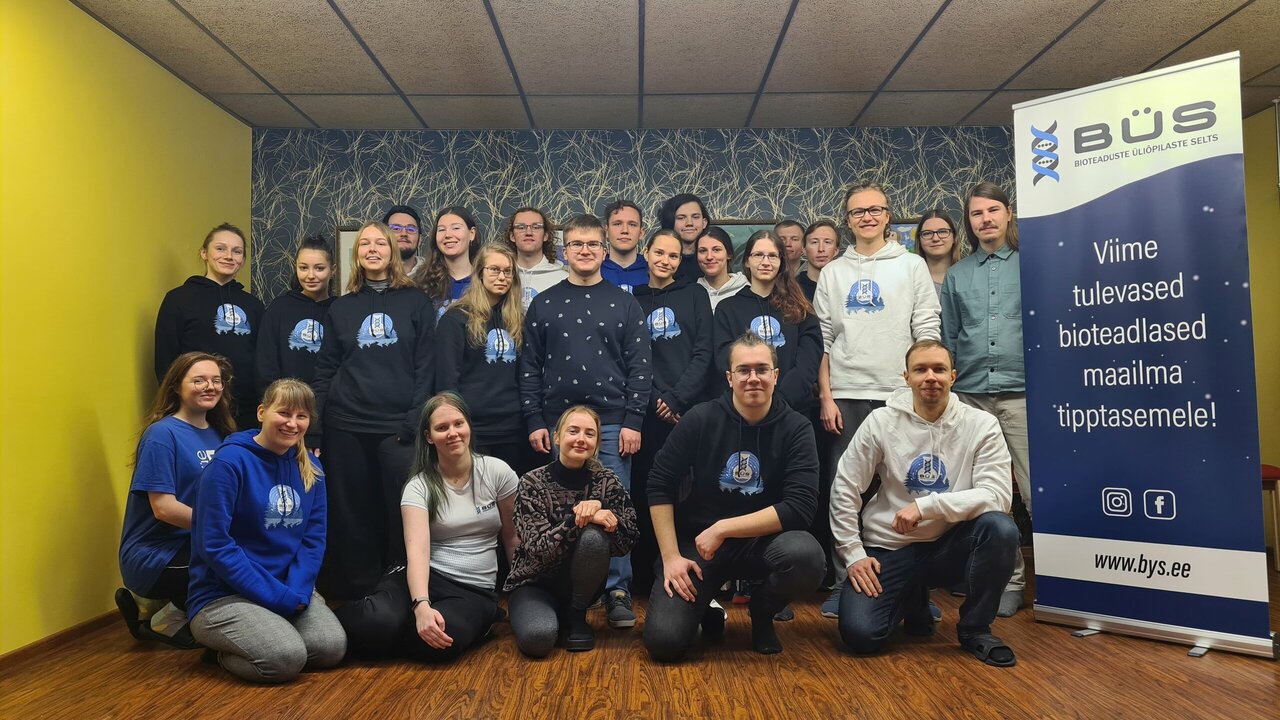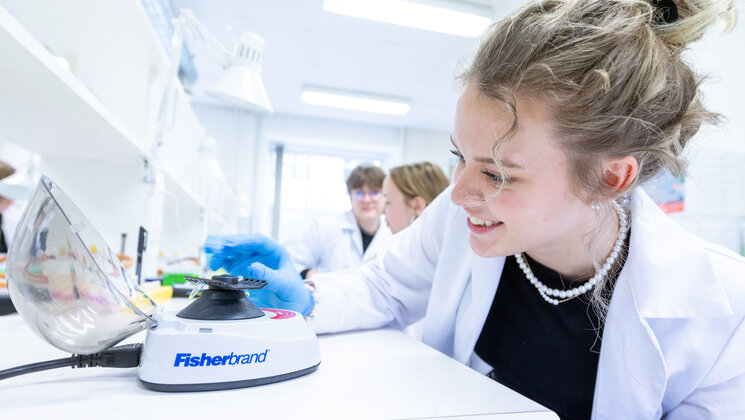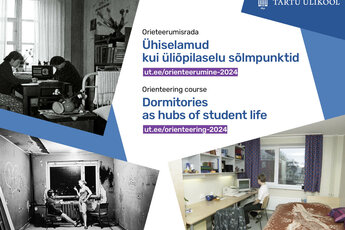Future top-specialists of Estonian life sciences come from our Institute!
The Institute of Molecular and Cell Biology of the University of Tartu teaches the offspring of young researchers at all levels. Our researchers are at the top level in world-class science.
ResearchNew publications by IMCB's scientists:
Chair of Genetics: The European Commission has set the strategic plan to reduce the use of chemical plant protection products to 50% by 2030 to significantly lower collateral environmental risks. There is an urgent need to find natural and sustainable technologies for inducing plant growth and protecting plants from plant pathogens that diminish the yield of the crops. Among the environmentally friendly alternatives with high potential is to use biocontrol organisms and combining them with functional components which act directedly towards supporting the plant microbiome or as elicitors or priming agents. It has been shown recently that levan – a polyfructan – and shorter-chain levan-type oligosaccharides (LOS) are able to diminish the effect of biotic stresses. The effect applies to the growth inhibition of grey mould (Botrytis cinerea) on agriculturally important crop plants. These saccharides can act as priming agents and plant protection boosters when they are applied prior to the fungal infection. Triinu Visnapuu, Associate Professor in microbiology, in collaboration with researchers from KU Leuven (Katholieke Universiteit Leuven, Belgium) and other international partners studied possible synergistic effects caused by levan, LOS and levan- and LOS-metabolizing bacteria from Bacillaceae family (from Bacillus and Priestia genus) in tomato and wheat. The results indicated that seed defence priming with levan, the strains or their combination significantly promoted tomato growth and protection against grey mould. The most prominent effect appeared when using non-soil growth substrate, levan and Bacillus velezensis. For seed defence priming in soil, more synergistic effects on disease tolerance were observed in a non-fertilized soil as compared to a fertilized soil, suggesting that potential prebiotic effects of levan are more prominent in poor soils. In leaf defence priming with both agents synergistically diminished the symptoms of the fungal infections.
Exploring Synergistic Effects of Levan and Levan-Metabolizing Bacillaceae in Promoting Growth and Enhancing Immunity of Tomato and WheatChair of Molecular Biology: Protein synthesis is a vital cellular process carried out by a large RNA-protein complex - the ribosome. Ribosomal RNA, or rRNA, contains not only normal nucleotides but also a number of nucleotides that are chemically modified. Despite the fact that these modifications have been known for a long time, the biological significance of modified nucleotides has not yet been unambiguously explained. Clarification of the significance is complicated by the fact that the removal of modifications one by one does not cause changes in ribosome function. In this work, we constructed for the first time a baker's yeast strain lacking eight rRNA modifications in its ribosomes. Four of these modifications are so-called universally conserved, i.e. they occur at the same sites in the rRNA across the nature. We have shown that when the modifications are removed, yeast cell viability is significantly impaired. The absence of modifications reduces the ability of ribosomes to function, resulting in reduced synthesis of proteins required for life. Surprisingly, it turned out that ribosomes lacking the rRNA modifications under investigation become more accurate - making fewer errors than control ribosomes that contain all the modifications. Our work helps to clarify how the interaction of different rRNA modifications ensures the correct rate and accuracy of protein synthesis in cells.
Loss of Conserved rRNA Modifications in the Peptidyl Transferase Center Leads to Diminished Protein Synthesis and Cell Growth in Budding YeastEvents
Today

